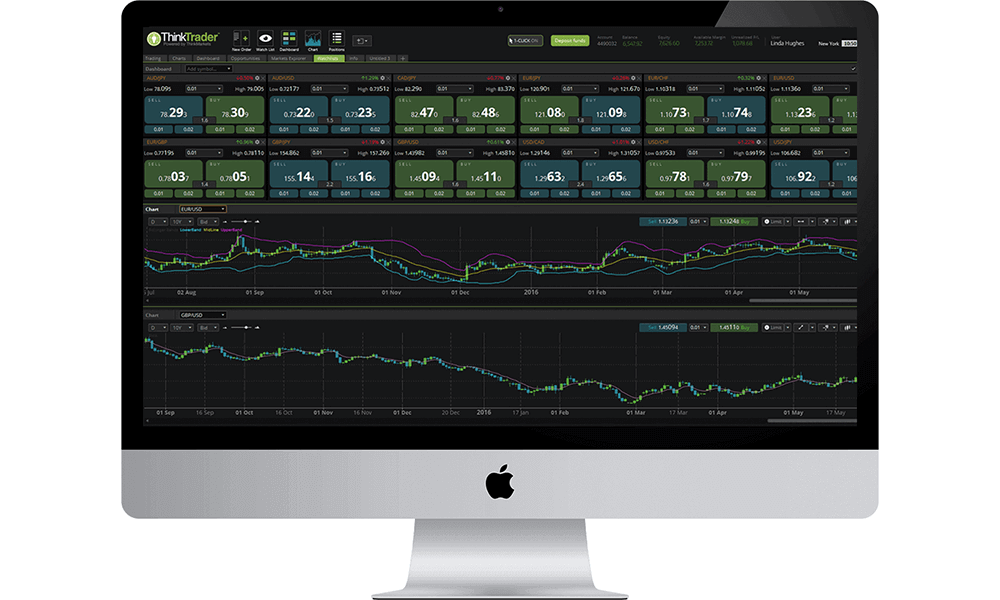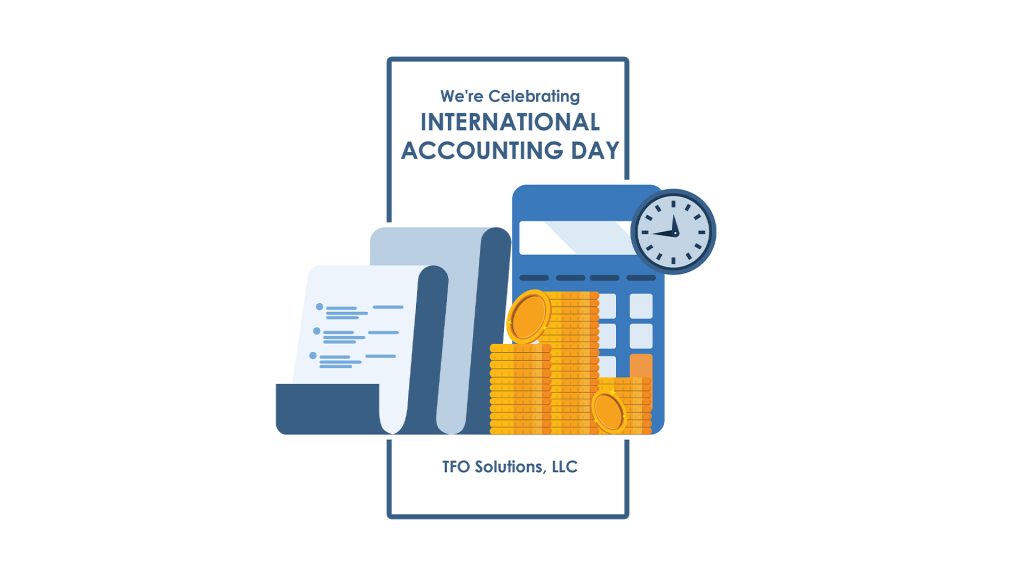
Every small business gets to the point where it needs more money either to go on with its operations or to be able to make the most of an important opportunity to grow. When your small business is going through a bit of crunch, you may need financing to pay wages or buy raw materials because your capital is tied up in receivables.
Also, there’ll be times when you’re going to need extra cash because business is doing good. This happens when you’re getting too many orders, but you don’t have enough money to buy raw materials or hire extra hands. It’s important to get financing in both instances.
Here are a few things you need to know when financing your small business:
Kinds Of Financing
There are many types of financing you can opt for as a small business. Finding one is quite easy, but the reality is that getting the money can be difficult. You can try to look for investors, but most of them would like your business to have already generated revenue. Banks, on the other hand, would often require piles of documents about your sales and income.
There are two types of financing available to small businesses. These two are debt financing and equity financing.
Debt financing is a way of raising funds by borrowing money. You’re going to borrow from a person or business, and promise to return it at some future date, plus interest. As a small business owner, you can apply for a business or commercial loan with a bank, but you’ll find out that they often require massive documentation. That’s why small business owners end up asking for personal loans from family, friends, or other lenders.
When they’re starting, they didn’t give so much thought to sorting their business documents if they’d ever need to pitch to an investor or get a bank loan sometime in the future.
As a small business, you can also take out low documentation or low doc loans. These are created for borrowers who don’t own all the necessary documents that’d prove they have the capacity to pay for their desired loan. Many of those who avail of this are small businesses or self-employed individuals who don’t have the usual documents to prove their income history, which banks would normally require.
The other option would be equity financing, which is something not very well understood by small business owners. The basic idea of equity financing is that you talk to people who can invest money into your enterprise in exchange for some partial ownership in your small business. This is usually done by offering shares of your company to angel investors or venture capitalists. One of the advantages of equity financing is that investors take all of the risk in financing.
Things That Banks Will Ask For
If you’re thinking of getting a business or commercial loan, it would be best to know what a bank would be asking from you about your business and finances. There could be some differences from one bank to another, but they’d generally ask for a few common things. There are also banks that offer invoice financing to help you meet your cash needs.
Banks will most likely require you to produce the financial details of your company. Financial details would include all bank accounts, supporting information such as personal details, addresses, tax ID numbers, and complete contact information. They’re also going to ask about any loan you may have taken in the past, existing loans, as well as previous debts. Also, they’re most likely going to ask about your credit card information.
In all likelihood, banks will ask you to produce complete financial statements, such as your balance sheet, and profit and loss statements. Also, they’ll often ask you to produce your profit and loss statements for the past three years. This is where small businesses often find themselves unable to comply with the requirements, especially when banks require audited financial statements. On top of this, banks will ask you to provide collateral for the loan.
Things Investors Will Look For
If you’re thinking of pitching to a potential investor, you also have to know how investors think. There are investors, called angel investors, who do put in money into small businesses. They tend to focus on investing in small businesses that are just starting out. Oftentimes, these investments amount to less than USD$100,000. Other than your family and friends, there are individual investors who also take an interest in buying ownership in promising startup enterprises.
Aside from angel investors, there are also venture capitalists who offer larger loans. Venture capitalists are often interested in startup companies, which have already, somehow, become stable. They’re searching for companies that have the potential to double their size in a couple of years.
Raising Money
Raising startup or additional funds is a common concern among small businesses. Most of the institutional investors, such as banks and investment companies, tend to ask for a lot of documents that small businesses don’t have. As a small business owner, carefully weigh your options on how you’re going to raise those additional funds. Debt financing can mean trouble if the business goes south since you’ll be left with debts to pay. On the other hand, you can lose control in the future with investor financing.




















